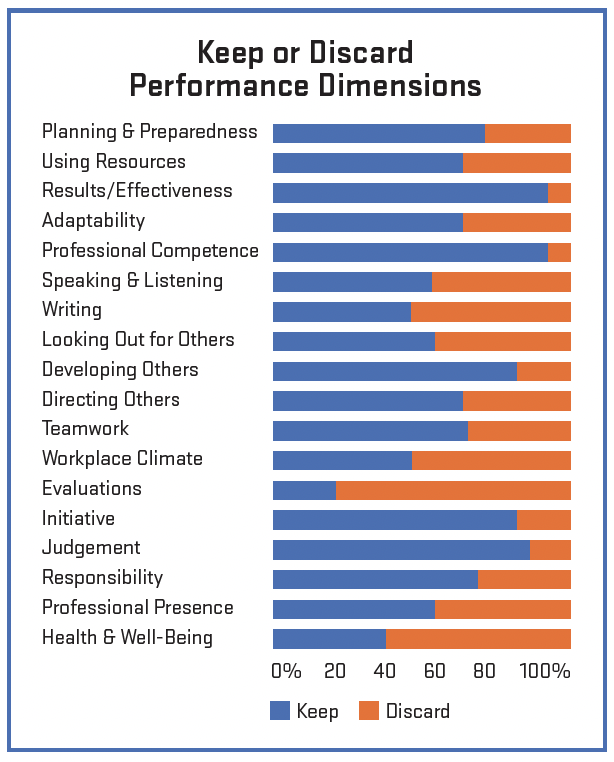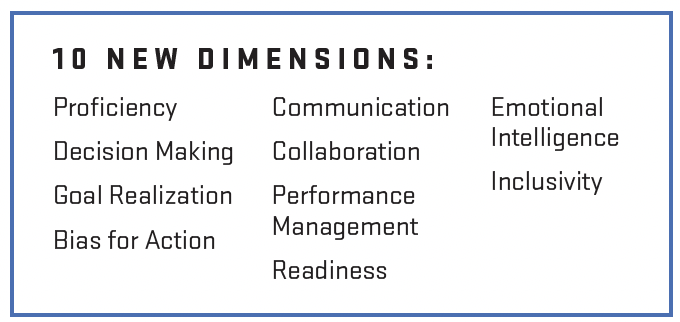Improving individual and organizational performance is one thing. Maintaining those improvements is where the real work begins.

Evaluation and feedback are essential tools for designing the most effective curriculum and instructional approaches for meeting individuals’ long-term learning and performance improvement needs. Metris advocates embracing a well-structured yet iterative approach to evaluation and feedback processes. A continuous review loop allows teams to identify areas of improvement, strategically allocate resources, and ultimately achieve sustained excellence in an ever-changing operational environment.
DISCOVER THE METRIS OPTIMIZATION ADVANTAGE: OUR SKILLED EVALUATORS
Our evaluators follow proven Human Performance Technology (HPT) processes to obtain key feedback, measure the impact of solutions and encourage continuous improvement.
Metris embraces multiple types of evaluation to capture & leverage feedback:
- Formative – Evaluation of inputs, processes and outputs for each stage of ADDIE model
- Summative – Evaluation of immediate reactions, knowledge/skills/attitude changes and applications
- Confirmative – Evaluation of sustained efficacy and value
- Meta – Validation of overall evaluation efforts
These four types of evaluation processes can then be used to determine effectiveness return on investment of time, money and resources.
OPTIMIZATION STRATEGY
Ultimately, Human Performance Technology (HPT) is a process designed to optimize organizational effectiveness and efficiency through a variety of methodical and proven strategies:
- Scope & Identity Focus Area(s)
- Collect Data & Feedback
- Analyze – Strengths, Weaknesses, Threats, Opportunities
- Find Key Performance Indicators (KPIs)
- Vet Findings with Clients
- Collaborate to Formulate Improvement Actions – Manage Change, Mitigate Risk
- Create Feedback Loops
- Conduct Impact Analysis
- Reassess KPIs Periodically to Constantly Improve
CASE STUDY: APPRAISING THE U.S. COAST GUARD OFFICER EVALUATION REPORT
The U.S. Coast Guard Officer Evaluation Report (OER) hadn’t been updated in almost four decades. Deemed ‘administratively overburdensome’, the U.S. Congress mandated a revision of the OER and the Service leveraged evaluators from Metris to assist in “righting the OER ship.” Utilizing a depth of extant data previously gathered but never fully consolidated and evaluated, Metris’ evaluation team executed a multiphase evaluation that validated and recommended updates to the form’s dimensions and structure.
Updates included reducing the number of dimensions evaluated from 18 (shown in the figure on the left) to just ten (shown in the figure on the right), and shortening the overall length of the report from four pages to two. Senior Officers involved in the project heaped praises upon the Metris team for their data-driven efforts.


